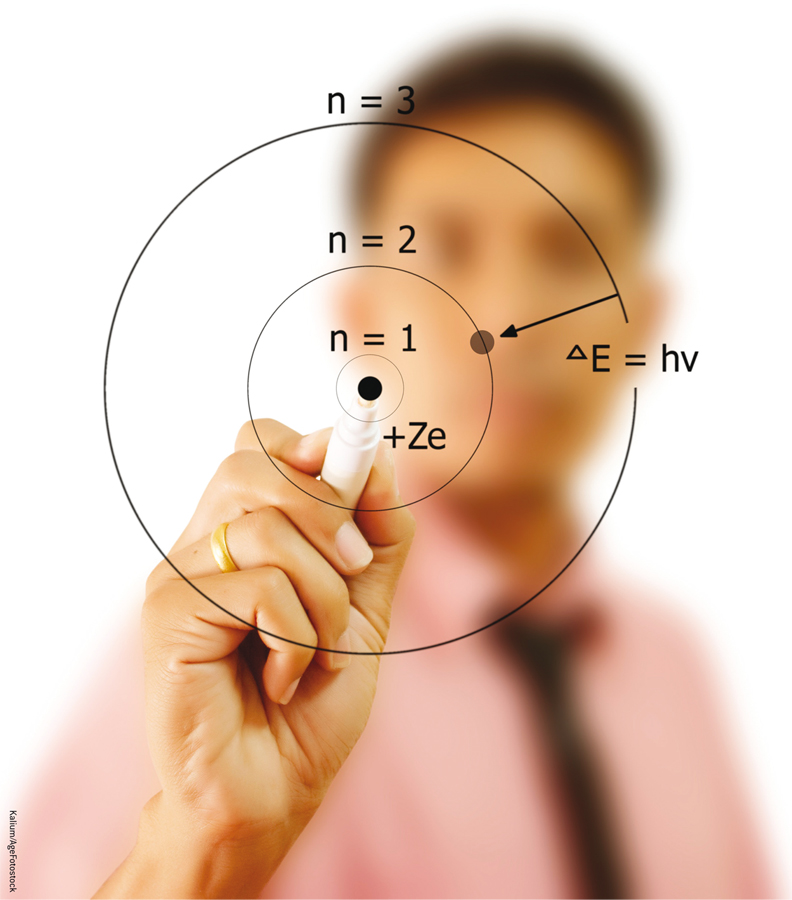Chapter 9 Introduction
9Language, Thought, and Intelligence
272

273
 Language and Communication: From Rules to Meaning
Language and Communication: From Rules to Meaning- The Complex Structure of Human Language
- Language Development
- Theories of Language Development
- Language Development and the Brain
- OTHER VOICES Americans’ Future Has to Be Bilingual
 Concepts and Categories: How We Think
Concepts and Categories: How We Think- Psychological Theories of Concepts and Categories
- Concepts, Categories, and the Brain
 Decision Making: Rational and Otherwise
Decision Making: Rational and Otherwise- The Rational Ideal
- The Irrational Reality
- CULTURE & COMMUNITY Does Culture Influence Optimism Bias?
- Decision Making and the Brain
 Intelligence
Intelligence- The Intelligence Quotient
- The Intelligence Test
- THE REAL WORLD Look Smart
- A Hierarchy of Abilities
 Where Does Intelligence Come From?
Where Does Intelligence Come From?- Genetic Influences on Intelligence
- Environmental Influences on Intelligence
- HOT SCIENCE Dumb and Dumber?
 Who Is Most Intelligent?
Who Is Most Intelligent?- Individual Differences in Intelligence
- Group Differences in Intelligence
- Improving Intelligence

CHRISTOPHER SHOWED AN AMAZING TALENT FOR LANGUAGES. By the age of 6, he had learned French from his sister’s schoolbooks; he acquired Greek from a textbook in only 3 months. His talent was so prodigious that grown-
If you’ve concluded that Christopher is extremely smart, perhaps even a genius, you’re wrong. His scores on standard intelligence tests are far below normal. He fails simple cognitive tests that 4-
274
CHRISTOPHER’S STRENGTHS AND WEAKNESSES offer compelling evidence that cognition is composed of distinct abilities. People who learn languages with lightning speed are not necessarily gifted at decision making or problem solving. People who excel at reasoning may have no special ability to master languages. In this chapter, you will learn about several key higher cognitive functions: acquiring and using language, forming concepts and categories, and making decisions: the components of intelligence itself. You’ll also learn about where intelligence comes from, how it’s measured, and whether it can be improved.